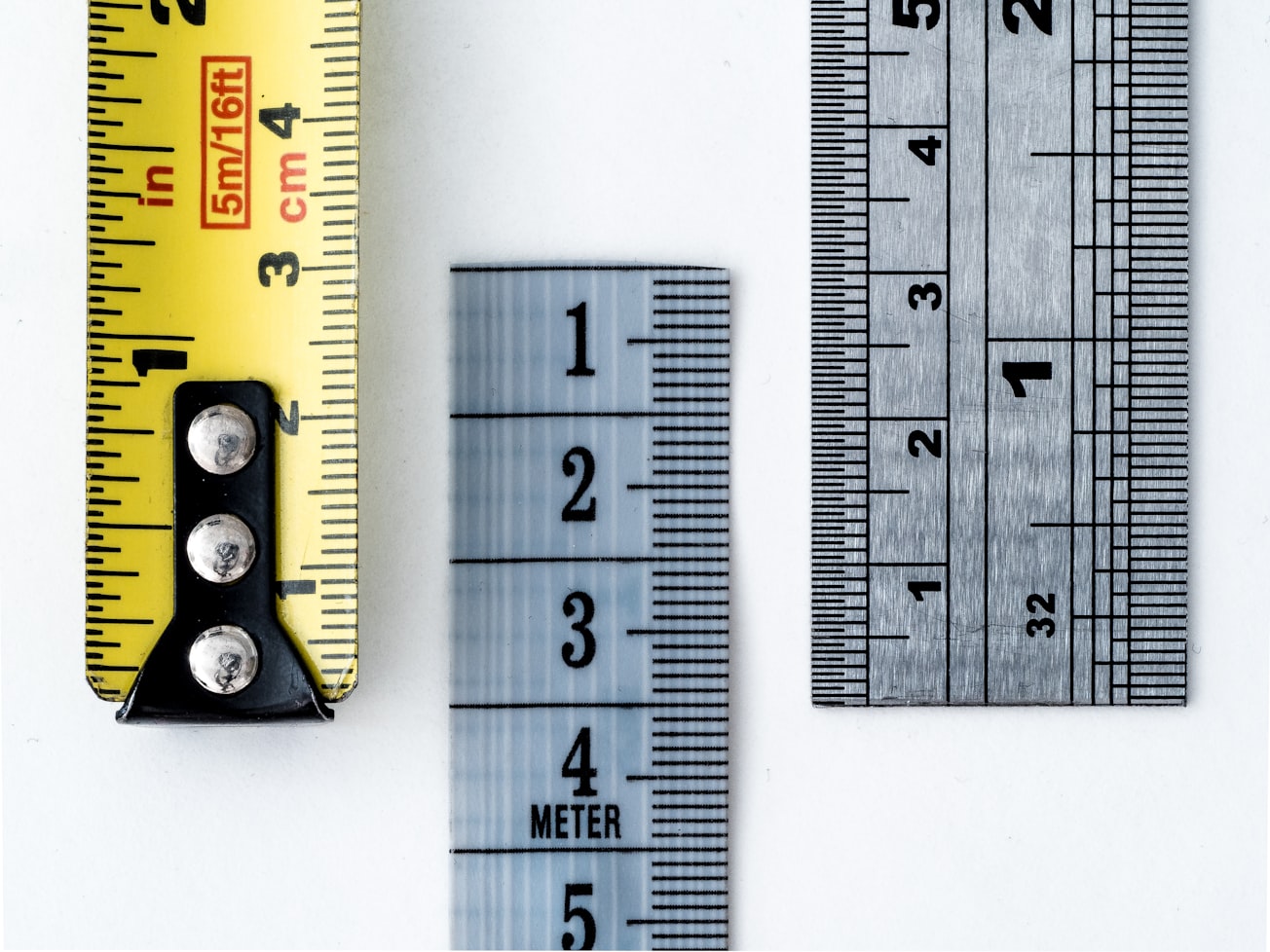What is it about?
Knowledge is a key to creating a sustainable competitive advantage. Measuring knowledge of an organization as a unit allows for, in addition to other things, benchmarking it against other organizations as well as comparing the development within the organization in the course of time. Additionally, measuring the knowledge of individuals and groups helps identify key workers and can also be used when recruiting a new work force, while evaluating employees’ work performances, or to check the course of the adaptation of a new employee. Even though the field of measuring knowledge belongs, in comparison with other topics, among the lesser-developed fields in the management of knowledge, a number of approaches that can be used to measure knowledge have been introduced. The aim of this study is to present an overview of methods which can be applied when measuring the knowledge of organizations, groups or individuals and thus provide a practical list of methods which feature in literature mostly for practitioners and novices in this field. The study is based on a content-analysis of literature.
Featured Image

Photo by William Warby on Unsplash
Why is it important?
The review is intended to provide a starting point for those interested in applying or developing knowledge measurement techniques, as well as for those more generally interested in exploring the scope of the available methodology. Furthermore, the findings might assist organizations in identifying the measures which are suitable for them, for improving the quality of metrics they use; and assist researchers in identifying future research needs related to knowledge measurement metrics as well as in deciding about the methods and techniques suitable for their research.
Perspectives
The review is intended to provide a starting point for those interested in applying or developing knowledge measurement techniques, as well as for those more generally interested in exploring the scope of the methodology available. Furthermore, the findings might assist organizations in identifying the measures which are suitable for them, for improving the quality of metrics they use; and assist researchers in identifying future research needs related to knowledge measure-ment metrics as well as in deciding about the methods and techniques suitable for their research.
Assoc. Prof. Jana Matošková
Tomas Bata University in Zlín
Read the Original
This page is a summary of: Measuring Knowledge, Journal of Competitiveness, December 2016, Tomas Bata University in Zlin,
DOI: 10.7441/joc.2016.04.01.
You can read the full text:
Contributors
The following have contributed to this page







